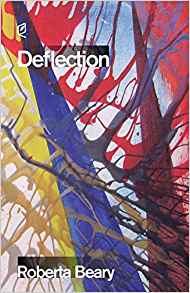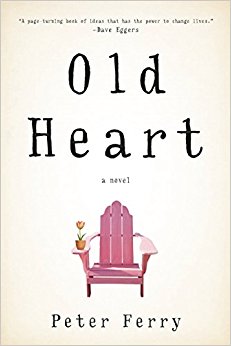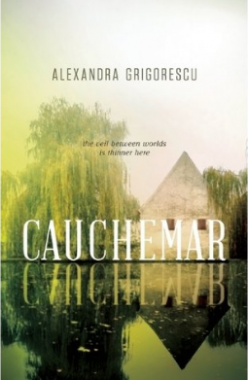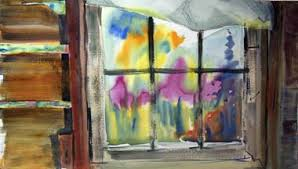“The Jane Hirshfield Interview on NPR: All Things Considered” and ‘Windows’ That Transform The World – Jane Hirshfield On Poetry
I discovered Jane Hirshfield when I first read her poem, “Tree.” In this poem the speaker is pensive, saying,“It is foolish/to let a young redwood/grow next to a house./Even in this lifetime/you will have to choose.” I was moved by its compassionate simplicity. I am drawn to poetry that resonates universally like this one does.
Hirshfield, in her interview with NPR this March, explains that poetry allows compassion to exude from it, making a connection with the reader. It is a reason why we care about and want to read poetry. “I think compassion, in a way, is one of the most important things poems do for me, and I trust do for other people. They allow us to feel how shared our fates are,” Hirshfield says. So true. One of the reasons I trust her poems.
Hirshfield’s book that comes out soon, Ten Windows: How Great Poems Transform the World, delves into this concept. During the interview Hirshfield talks about compassion, discussing the “window moment” in a poem. She says that sometimes poems have a way of “looking out a window,” changing their attention from the subject. In doing so, taking that glance at something else, the field of the poem becomes larger. It seems to be like that moment from the film, The Mill and the Cross, when the attention turns from the crucifixion to the peasants. There they are, baskets in hand, galumphing home down the hill on their daily path home; they are blithely clueless of the main event that has just occurred. Our perspective of it all changes through the open window.
Hirshfield cites Keith Douglas’s “How to Kill” and Henry Reed’s “Naming of Parts” as good examples that utilize the “window moment.” In these poems each of the speakers turn toward nature amidst a description of war in progress. We are reminded that – amidst this horror –the natural world goes on. She says, “We suddenly feel the unnecessity of our human wars, and we also feel the grief of them.” The shift is powerful in its reveal, compassion sustaining the piece universally.
I get what Hirshfield is saying here. I look forward to reading what else she has to say about great poetry. Hirshfield’s book, Ten Windows, is at the top of my birthday wish list.
Here is a link to buying it on Amazon.
More information about the interview of Jane Hirshfieldon NPR’s All Things Considered can be found here.
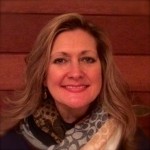 Elise Brand is a poet and teacher from Montgomery County, PA, earning her MFA in Creative Writing from Arcadia University in 2014. Her work has appeared in Adanna Literary Journal, The Broadkill Review, The North Penn Reporter, and Mousetales Press. She views art and its making as gifts with which to be generous – the connection between artist and audience a sacred thing. She enjoys travel and cooking, bicycling and refurbishing old furniture. She lives in Lansdale with her husband, a history professor, who shares her of love of vintage records and the resurgence of vinyl. (Records, that is. Vinyl in other instances may be questionable.)
Elise Brand is a poet and teacher from Montgomery County, PA, earning her MFA in Creative Writing from Arcadia University in 2014. Her work has appeared in Adanna Literary Journal, The Broadkill Review, The North Penn Reporter, and Mousetales Press. She views art and its making as gifts with which to be generous – the connection between artist and audience a sacred thing. She enjoys travel and cooking, bicycling and refurbishing old furniture. She lives in Lansdale with her husband, a history professor, who shares her of love of vintage records and the resurgence of vinyl. (Records, that is. Vinyl in other instances may be questionable.)

